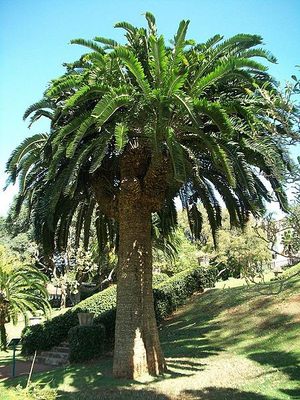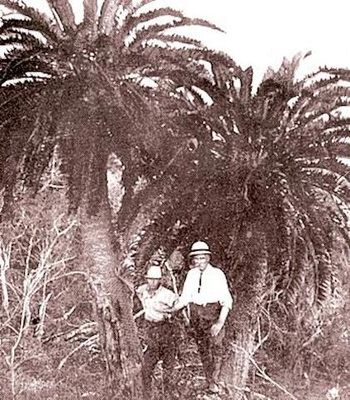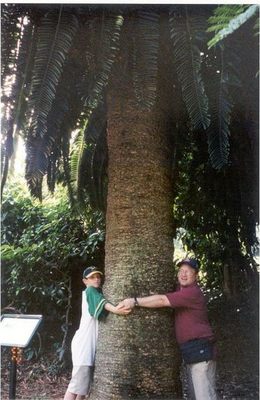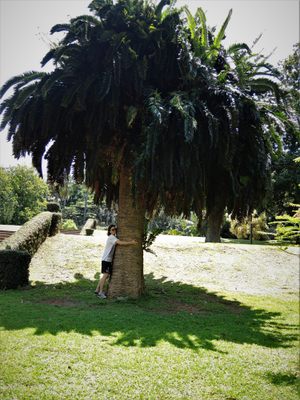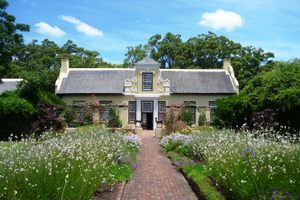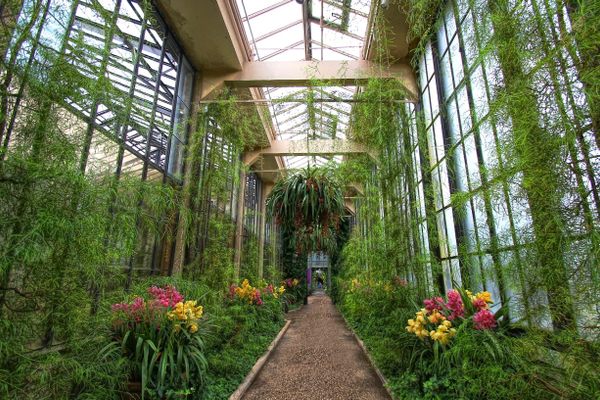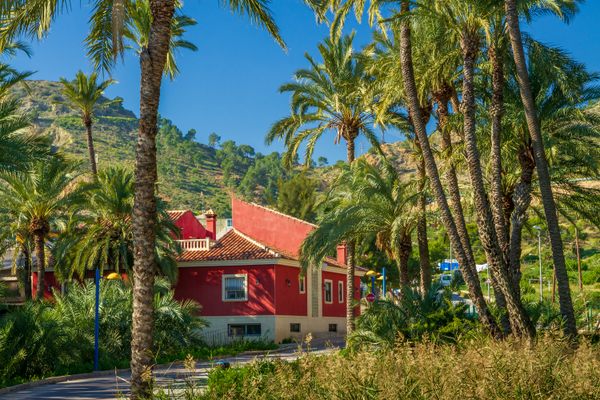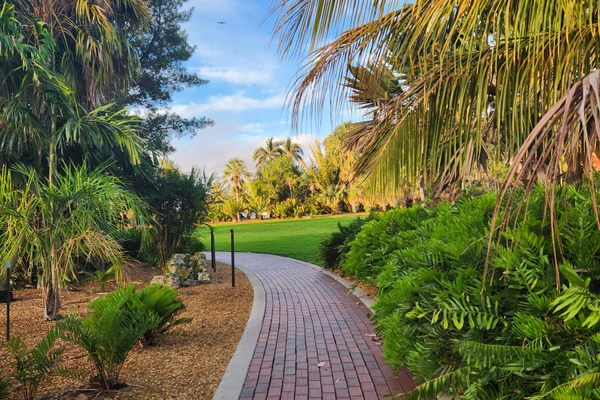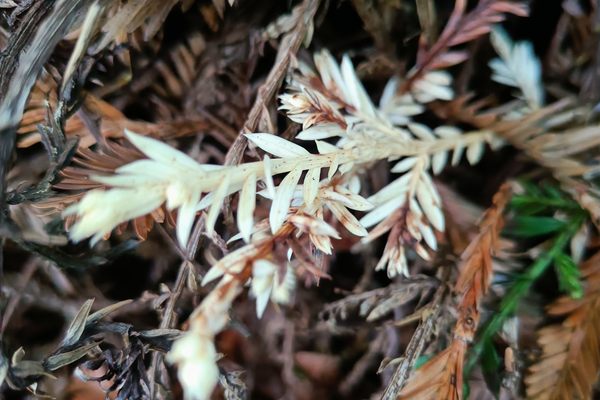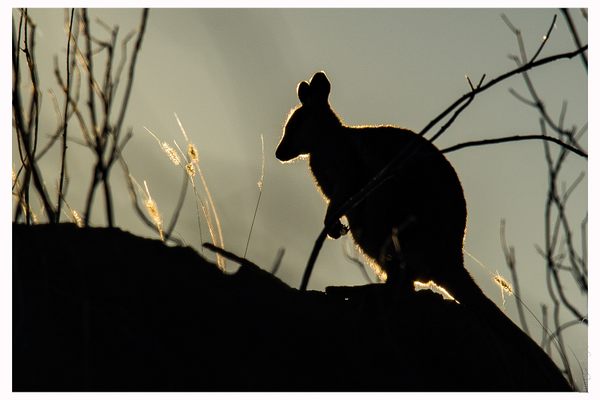About
While the ancient Wood's Cycad (Encephalartos woodii) will never find a natural plant mate, all hope is not lost. If some dedicated botanists have their way, E. woodii will find love again.
Botanist James Medley Wood was strolling through the Ngoya Forest of Zululand in southern Africa when he stumbled upon what would end up being his most famous discovery, a single clump of a rare and ancient cycad that by 1908, shared its discoverer's name when it was christened "Encephalartos woodii," commonly referred to as Wood's Cycad.
Wood collected three basal offsets of the plant, and later went back for two large stems. The specimens were all planted at the botanic gardens of which he was curator, the Durban Botanic Gardens in KwaZulu-Natal, where the original specimen still grows.
One of the rarest plants in the world, this large, palm-like plant survived the destruction of the dinosaurs and weathered through five ice ages, but now there is only one. Up to 20-feet tall, its noble trunk is crowned with a canopy of long, glossy leaves that resemble those of a palm. Besides the specimen discovered by Wood, no second wild plant has ever been found, despite vigilant searches by researchers. While this technically makes Wood's Cycad the only one of its kind, that's not altogether accurate.
While no wild counterpart has been discovered, the cycad has been fairly agreeable when it comes to cultivation. While this has ensured preservation of the species, its chances of ever reproducing naturally with a lady cycad are zilch unless she's out there and just hasn't been found yet. For now, botanists have managed the next best thing: an adequate coupling with a female E. natalensis successfully producing hybrid clones. E. natalensis isn't the only female genus they've been successful with, but it was the closest they could get to the Encephalartos woodii's DNA structure. With time and patience, each generation of female offspring can be mated with the original plant, eventually a genetically intentional version of a female Encephalartos woodii will emerge, or at least close enough.
So despite being the "most solitary organism in the world," Wood's Cycad has been propagated and dispersed throughout the continents, and horticulturists are diligently working their hybrid magic to do their best in finding him a genetically suitable mate. A few of the botanical gardens that care for specimens grown from offsets of the original plant include the Kew Gardens, Longwood Gardens in Pennsylvania, Hortus Botanicus in the Netherlands, and the Botanical Garden of Naples.
Related Tags
Published
May 28, 2013
